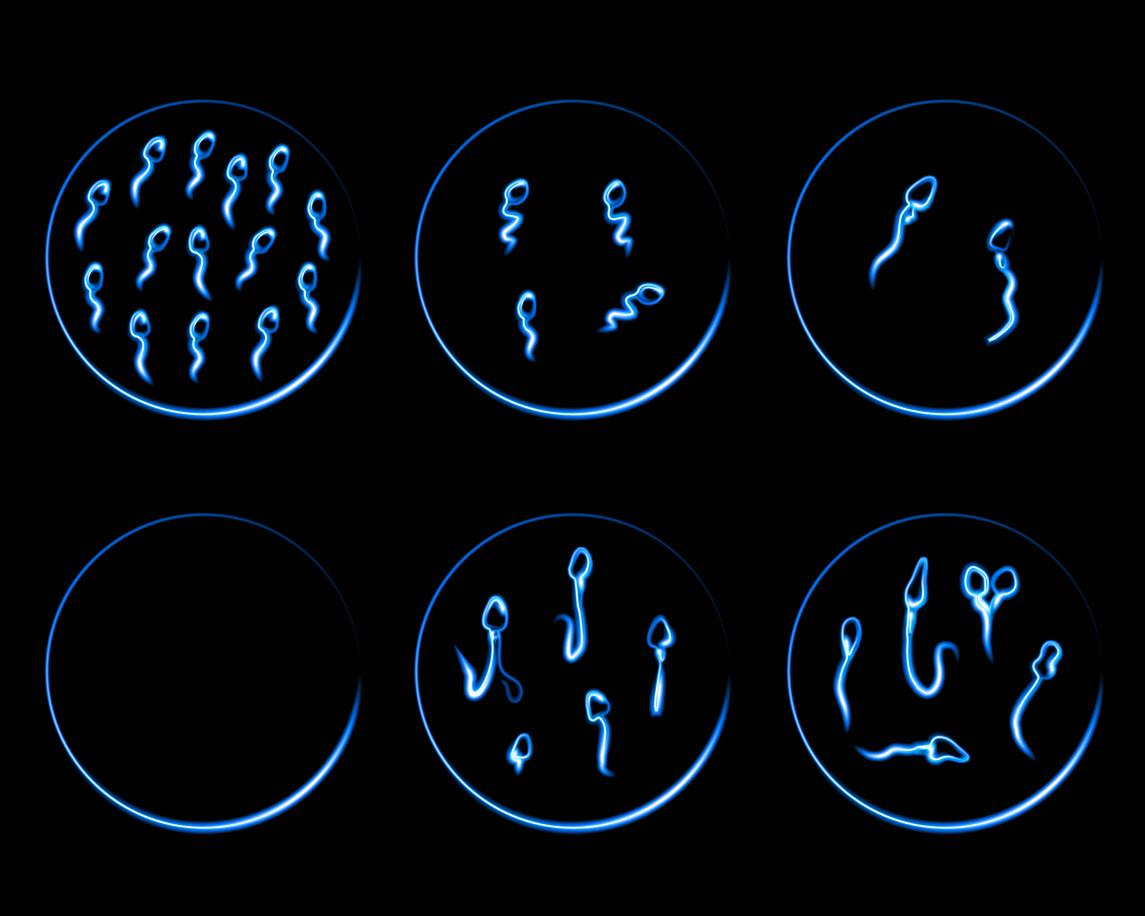“This discovery may allow scientists to study sperm formation in detail, which could lead to a better understanding of the causes of infertility in men,” said Professor Karim Nayernia, who led the study for Newcastle University and the North East England Stem Cell Institute (NESCI).
It should also allow scientists to understand how reproducing cells are affected by toxins, for example, or why young men with leukemia who undergo chemotherapy can become infertile for life. This could lead scientists to a solution to these problems.
The team of researchers also believe that studying sperm formation could lead to a better understanding of genetic diseases.
Scientists used stem cells made up of male XY chromosomes to produce sperm in vitro. Stem cells containing female XX chromosomes did not allow sperm formation. The researchers conclude that the Y chromosome is essential for meiosis, a process of cell formation.
Embryonic stem cells have been cultured in a new way, using a derivative of vitamin A, retinoic acid.
Source: Newcastle University and the North East England Stem Cell Institute (NESCI)
















